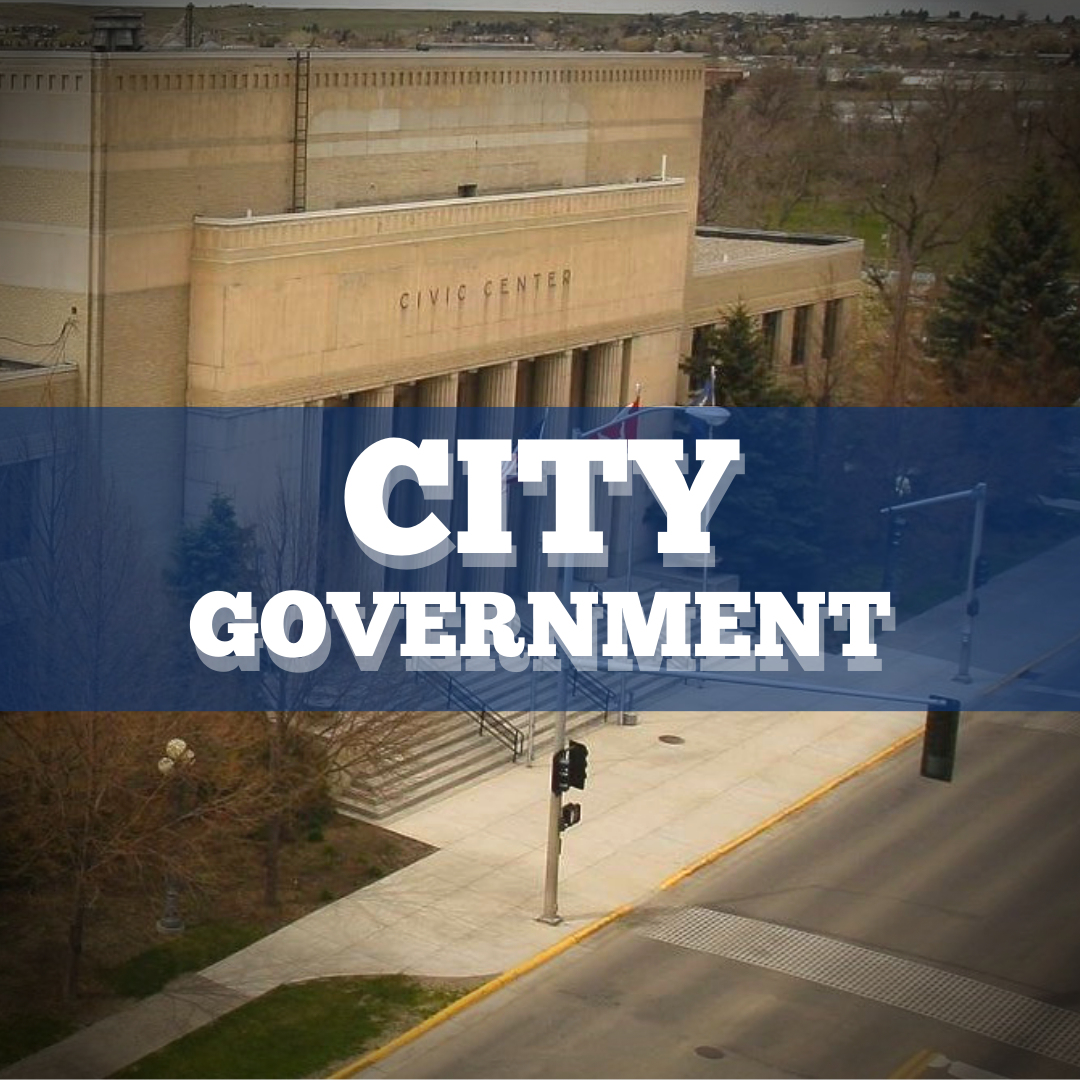'Housing first' approach to solving homelessness raised during Great Falls hearing

City Commissioners held a public hearing to hear from the community on how to allocate over $1 million in HOME-ARP funds to provide housing, services and shelter to people experiencing homelessness through the American Rescue Plan during their meeting Tuesday night.
Sheila Rice, former director of NeighborWorks Great Falls, spoke at length to the commission about the benefits of Permanent Supportive Housing seen in other communities struggling to meet the needs of people in need of shelter.
For local stories that matter, subscribe today.
Rice specifically referenced a project out of Harvard Kennedy School’s Government Performance Lab called the “Denver Permanent Supportive Housing Pay for
Success Project.”
The project identified the “top 300 utilizers of the county court system” who were without housing over five years. The city housed over 250 people in both new and used units and provided services such as crisis intervention and substance abuse management, according to the project website. Over five years the project reported there to be a 40% reduction in shelter visits, arrests, and emergency department visits.
The project found that the city's costs in partnering with mental health programs to house the homeless offset costs that would have been spent on local emergency services; 75% of Denver’s cost for Colorado Coalition for the Homeless participants and 94% of its cost for Mental Health Center of Denver participants was offset by other avoided costs.
“The good news is there is an answer to homelessness. Three words: permanent, supportive, housing,” Rice said. “It's very hard, if not impossible, to change your behavior while you're still on the street."
NeighborWorks Great Falls Director Sherrie Arey said that acquiring the Baatz building, slated to provide 25 apartments to people who have experienced homelessness, was just part of what is needed in the community. Arey suggested using funds toward affordable rental housing and tenant-based rental assistance.
Director Carrie Parker of Helping Hands, a local food pantry, said that she saw the population experiencing homelessness over the summer explode.
“This is a very diverse group. We have people who are suffering from mental illness, we have people who are suffering from addiction, we have veterans who are suffering from mental health issues due to their service,” Parker said.
Parker said that people need to be educated on the root causes of homelessness.
A housing expert speaking to the Montana Legislative Financial Modernization and Risk Analysis Study Committee last week said that higher rent to income ratios were higher factors of homelessness than factors like addiction and mental health.
According to reporting from the Missoulian, Alex Horowitz of the nonprofit Pew Charitable Trusts said Montana has the 14th-highest homelessness rate in the country and the fourth-largest increase from 2019 to 2020.
“We're going to have someone die folks, it's inevitable in the cold weather that we get here,” Parker said.
Resident Nancy Donovan asked whether the funds committed would later become a burden on taxpayers. Mayor Bob Kelly said that if this concern was raised that it would be factored into the decision-making process.
The City of Great Falls was awarded $1,026,477 of HOME-ARP Funds in addition to the city’s annual allocation of $283,494 of HOME funding.
The HUD issued CPD Notice identifies qualifying populations as, per the agenda report:
Homeless (as defined by the McKinney-Vento Homeless Assistance Act)
At risk of homelessness (as defined by the McKinney-Vento Homeless Assistance Act)
Fleeing, or attempting to flee domestic violence, dating violence, sexual assault, stalking, or human trafficking
Part of other populations where providing supportive services or assistance would prevent a family’s homelessness or would serve those with the greatest risk of housing instability
Or, veterans and families that include a veteran family member that meet the criteria in one of the above
The eligible activities for the use of HOME-ARP funding are limited to the following, per the agenda report:
Development and support of affordable rental housing
Tenant based rental assistance (TBRA). The City of Great Falls has never provided grants for this program, per the report.
Supportive services to qualifying individuals
Acquisition and development of non-congregate shelter units
The commission is scheduled to make their funding allocation decision during a Feb. 1, 2022 hearing.
Nicole Girten is a Government Watchdog Reporter at the Great Falls Tribune. You can email her at ngirten@greatfallstribune.com. To support coverage of Great Falls and Cascade County subscribe to the Tribune by finding the "Subscribe" link at the top of the page.
This article originally appeared on Great Falls Tribune: 'Housing first' approach to solving homelessness discussed at Great Falls hearing

